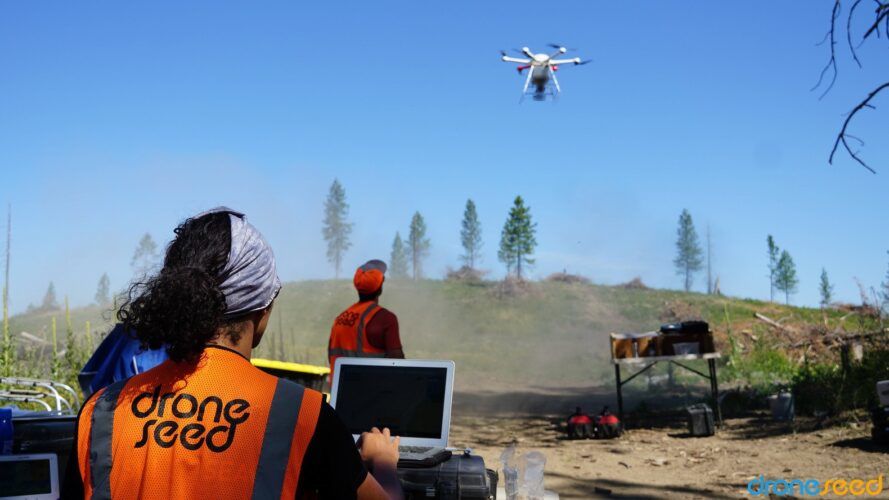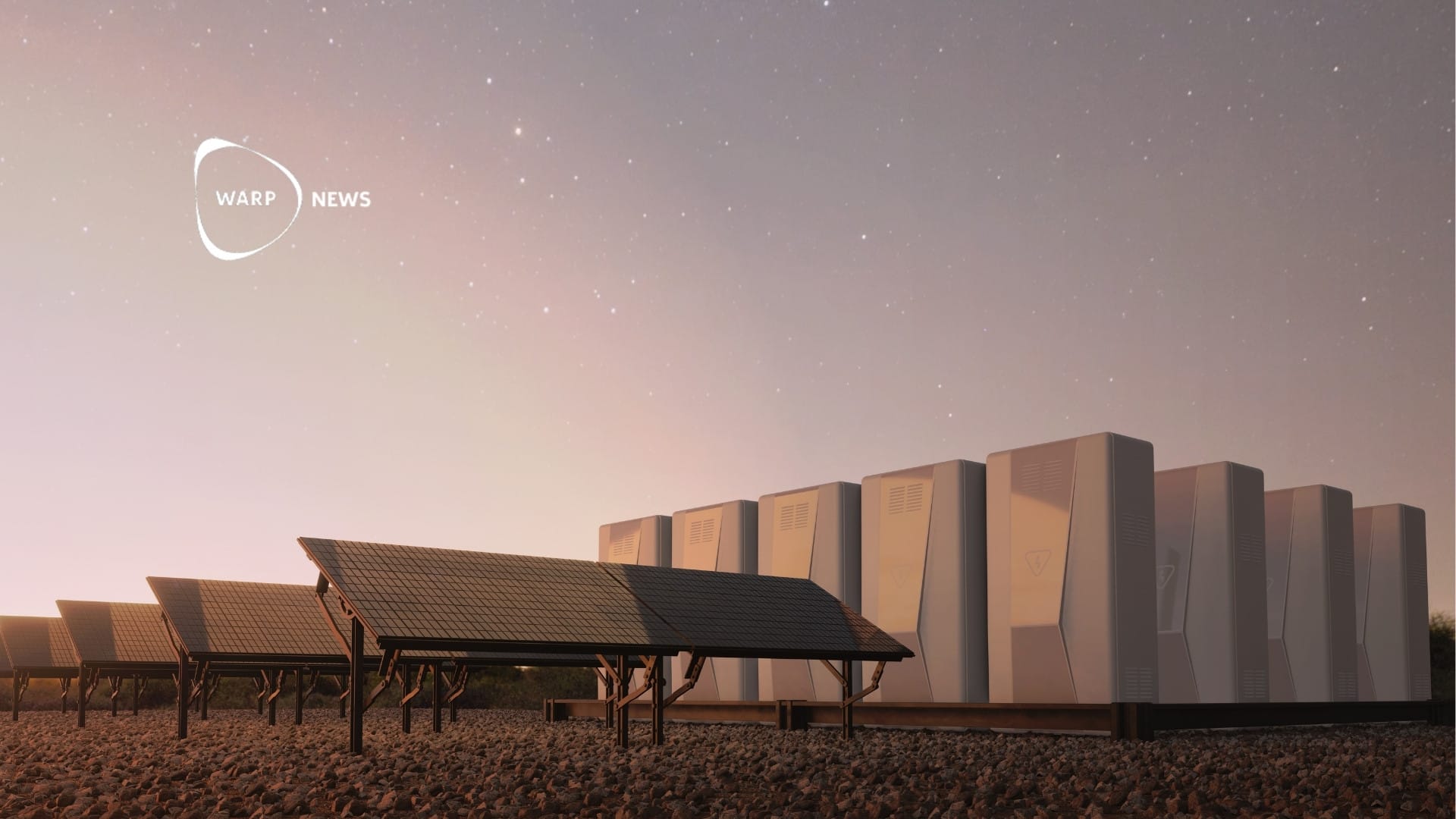
🌳 Drones mean more efficient reforestation
DroneSeed takes drone-assisted reforestation to a new level.
Share this story!
Drones can be used for many amazing things such as medical needs and pollution spotting, but also for ecosystem restoration. DroneSeed, a Seattle-based company, uses their drones to reforest areas burned down by wildfires.
This concept isn’t new, but DroneSeed has perfected the process. They’ve created pods that contain everything the seed inside needs: nutrients and natural pest deterrents. DroneSeed’s technology also uses advanced laser mapping to locate where the seeds have the highest chance of surviving. Inhabitat writes that “although air seeding is not new and there are other drone companies capable of doing the work, DroneSeed is the only company approved by the Federal Aviation Administration to deploy a fleet of heavy-lift drones to reforest after wildfires.”
The reforestation methods currently used grow saplings in nurseries before planting them by hand. With this method, workers can in general cover approximately 2 acres of forest a day. In comparison, five or six drones and four employees using DroneSeeds technology can cover 50 acres a day. DroneSeed states that the company doesn’t want to replace the workers, but to supplement the process. Far from all burned down areas are being re-seeded anytime near the events of wildfires, so methods to cover bigger areas complement the already existing efforts. Also, DroneSeed’s approach is more affordable for landowners, saving them 30 percent to 50 percent in replanting expenses.
Just 30 days after a wildfire DroneSeed can begin to replant the area. Right now, they have started to work on the areas burned down by this summer's wildfires in Oregon and California.
Recently, the company received enough funding from investors to acquire Silvaseed (a company supplying seeds and seedlings), which allows them to scale up their operation.
“Global reforestation is key to our fight against climate change,” said Jay Zaveri, a partner at Social Capital to Inhabitat.
Using new technology to preserve natural environments helps make a more sustainable and green future come sooner.
By becoming a premium supporter, you help in the creation and sharing of fact-based optimistic news all over the world.


